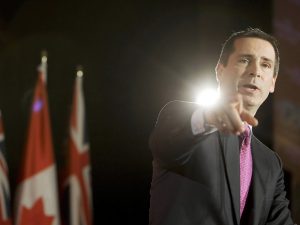[This article was originally published as ‘Tipped Hands and Missed Opportunities’ in ‘The Cardus Daily’ Blog on June 11, 2012.]
The recent debate between the Ontario government and concerned Catholic parents and educators (over the McGuinty governme
nt’s anti-bullying bill, discussed here on the Cardus Daily Blog) highlights the need for a more robust understanding and public discourse about the interplay between freedom of conscience and religion, advancing public policy, and the role of government in a diverse society.
Bill 13 aims to promote positive, inclusive, and accepting school climates, and to prevent bullying. These are laudable goals. Children of all ages should be able to go school without fear of being bullied. And in our highly diverse society, learning with and from one another helps build understanding, compassion, and a sense of community.
Whatever the merits of Bill 13, it is lamentable that the reported public debate has been reduced to a putative clash between religion and “fundamental values” such as respect and tolerance, and to a dispute about the name of clubs designed to promote understanding between students of different sexual orientations. Freedom of conscience and religion is itself a fundamental value, one that legislators tend to ignore or curtail when there is an apparent clash with other fundamental values. A more robust understanding of the value of freedom of conscience and religion in a highly diverse society is long overdue.
Continue reading “Ontario’s Bill 13 is a Missed Opportunity”


